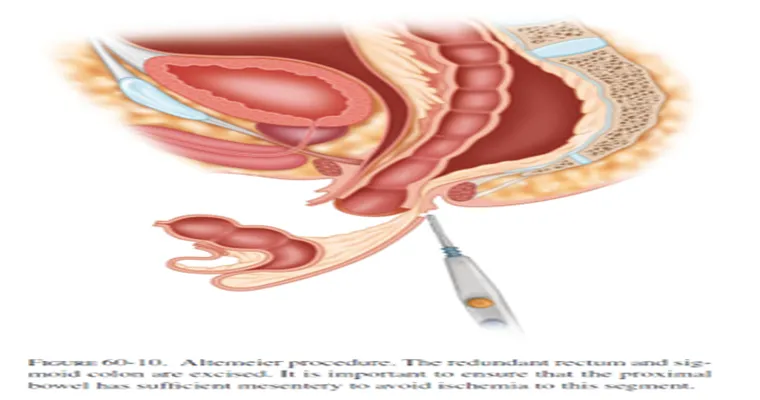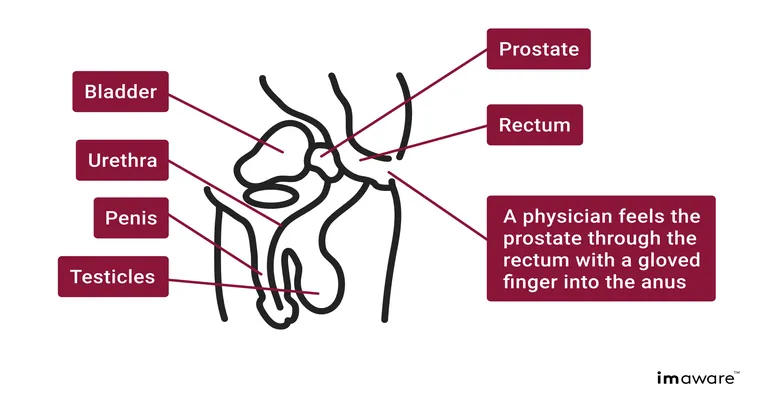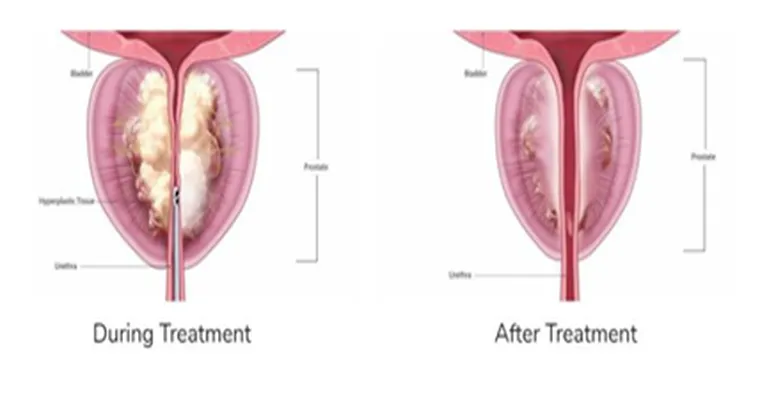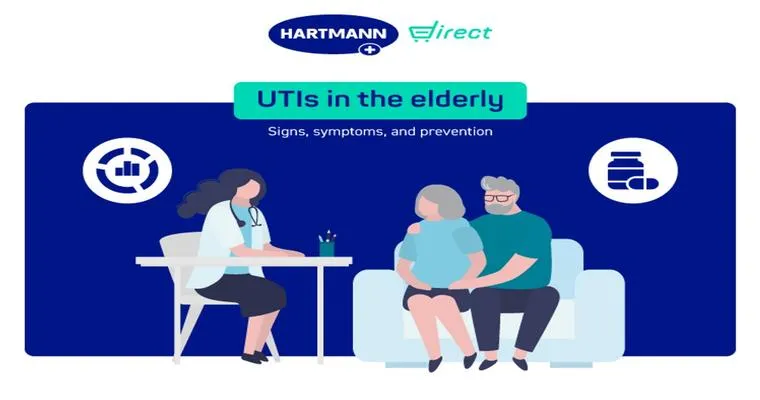Navigating the challenges of caring for an elderly parent can be overwhelming, especially when they are "99 years old" and facing multiple health issues like "mild dementia" and a "rectal prolapse". As you seek assistance and solutions, it is essential to approach the situation with compassion and understanding. This article aims to provide insights and practical advice to help you support your mom during this difficult time.
Understanding Mild Dementia
Mild dementia can affect your mom's memory, thinking, and communication abilities. It is crucial to recognize the symptoms, which may include forgetfulness, confusion, and difficulty in completing familiar tasks. To ensure her safety and comfort, consider the following strategies:
1. "Establish a Routine": Maintaining a consistent daily routine can help your mom feel more secure and reduce anxiety. Familiar activities can provide comfort and improve her cognitive function.
2. "Create a Supportive Environment": Make her living space safe and comfortable by removing potential hazards and ensuring that important items are easily accessible. Labeling objects and rooms can also assist with orientation.
3. "Engage Her in Activities": Stimulating activities such as puzzles, memory games, or simple crafts can help keep her mind active. Tailor activities to her interests and cognitive abilities to encourage engagement.
Addressing Rectal Prolapse
A "rectal prolapse" can be distressing for both your mom and you as her caregiver. This condition occurs when part of the rectum protrudes through the anus, which can lead to discomfort and complications. Here are some steps to manage this condition:
1. "Consult with Healthcare Professionals": It is essential to seek medical advice from her doctor or a specialist. They can provide information on treatment options, which may include dietary changes, pelvic floor exercises, or in some cases, surgery.
2. "Focus on Diet and Hydration": A high-fiber diet can help alleviate constipation, which is often a contributing factor to rectal prolapse. Ensure your mom stays hydrated by encouraging her to drink plenty of fluids.
3. "Monitor Symptoms": Keep a close watch on her symptoms and any changes in her condition. If she experiences increased pain, bleeding, or any other concerning symptoms, contact her healthcare provider immediately.
Seeking Help
Caring for an elderly parent, especially one with dementia and a rectal prolapse, can be physically and emotionally taxing. It is essential to seek help when needed:
1. "In-Home Care Services": Consider hiring professional caregivers who specialize in elderly care. They can assist with daily activities, medication management, and provide companionship.
2. "Support Groups": Connecting with others in similar situations can provide emotional support and practical advice. Look for local or online support groups for caregivers of individuals with dementia.
3. "Respite Care": Don’t hesitate to take breaks. Respite care services can give you the time you need to recharge while ensuring your mom is cared for.
Conclusion
Caring for a "99-year-old" mother with "mild dementia" and a "rectal prolapse" can be challenging, but with the right strategies and support, you can enhance her quality of life. Establishing routines, addressing her medical needs, and seeking help when necessary are vital steps in this journey. Remember that you are not alone, and there are resources available to assist you and your mom during this time.





